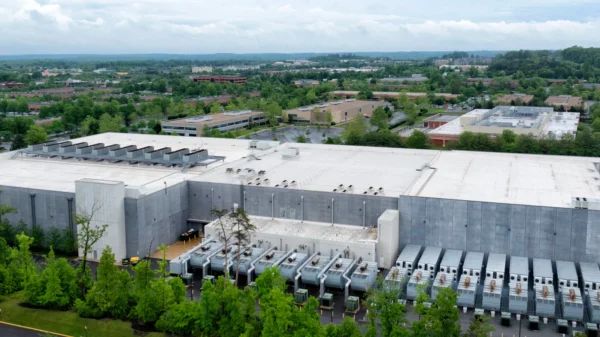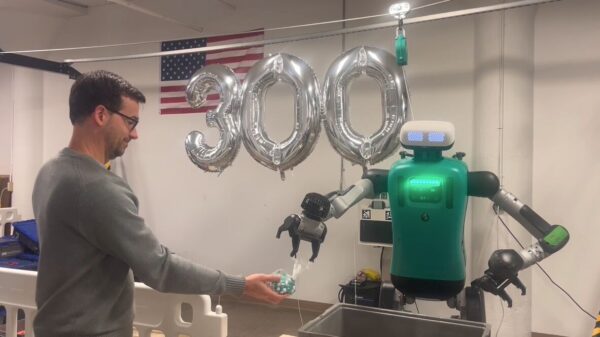Germany aims to become a world leader in artificial intelligence technology and has developed a framework to help achieve that goal.
The country’s education and research minister outlined details of Germany’s new AI Action Plan on Wednesday, which will include allocating approximately $2.3 billion toward research and development in the field over the next two years prior to the end of the current legislative period there.
The country is aiming to establish 150 new university labs for AI research in the coming years and Germany’s number of AI tech start-ups has doubled this year.
“AI holds enormous opportunities for science, growth and prosperity. Our goal is that Germany and Europe can take a leading position in a world powered by AI,” said Bettina Stark-Watzinger, Germany’s Federal Minister of Education and Research.
“That is why we are investing a total of over €1.6 billion euros in the implementation of our action plan.”
The objectives of the new plan will include creating a strong base of AI specialists in the country, expanding computing infrastructure, advancing AI studies and achieving concrete/tangible economic and social benefits in the country through those feats. Additionally, Germany says it aims to implement AI technologies in the health field for the benefit of society.
The country’s government first crafted an AI Strategy in the fall of 2018 and committed to investing €5 billion for its implementation by 2025. The strategy has since been revised as AI technology has become more advanced and the 2023 AI Action Plan and its accelerated funding represents the Federal Ministry of Education and Research’s most recent update to the strategy.
Noch mehr Power für #KI – mit unserem KI-Aktionsplan! pic.twitter.com/hSDAQ3tvej
— BMBF (@BMBF_Bund) August 23, 2023
Read more: Gen Z and millennials embrace generative AI more than other generations: survey
Read more: SK Telecom invests US$100M in AI startup Anthropic for multilingual LLM development
AI development is part of Germany’s Future Strategy for Research and Innovation
Germany’s education and research ministry plans to utilize AI in its own administration going forward. The action plan also aims to “push an AI competence offensive,” design AI technologies for utilization in the education system and promote improved European and international solidarity.
“German AI research is among the world’s best, the number of AI experts is increasing and the startup landscape is active. Nevertheless, due to the rapid pace of development, Germany must act in a targeted manner,” reads the ministry’s announcement about the action plan.
Active German AI technology companies include AI Superior GmbH, Helsing, KONUX, Kinexon and we-do.ai.
“Germany and the European Union must themselves be able to understand, develop and produce key technologies,” reads the country’s research and innovation strategy developed in February.
rowan@mugglehead.com













